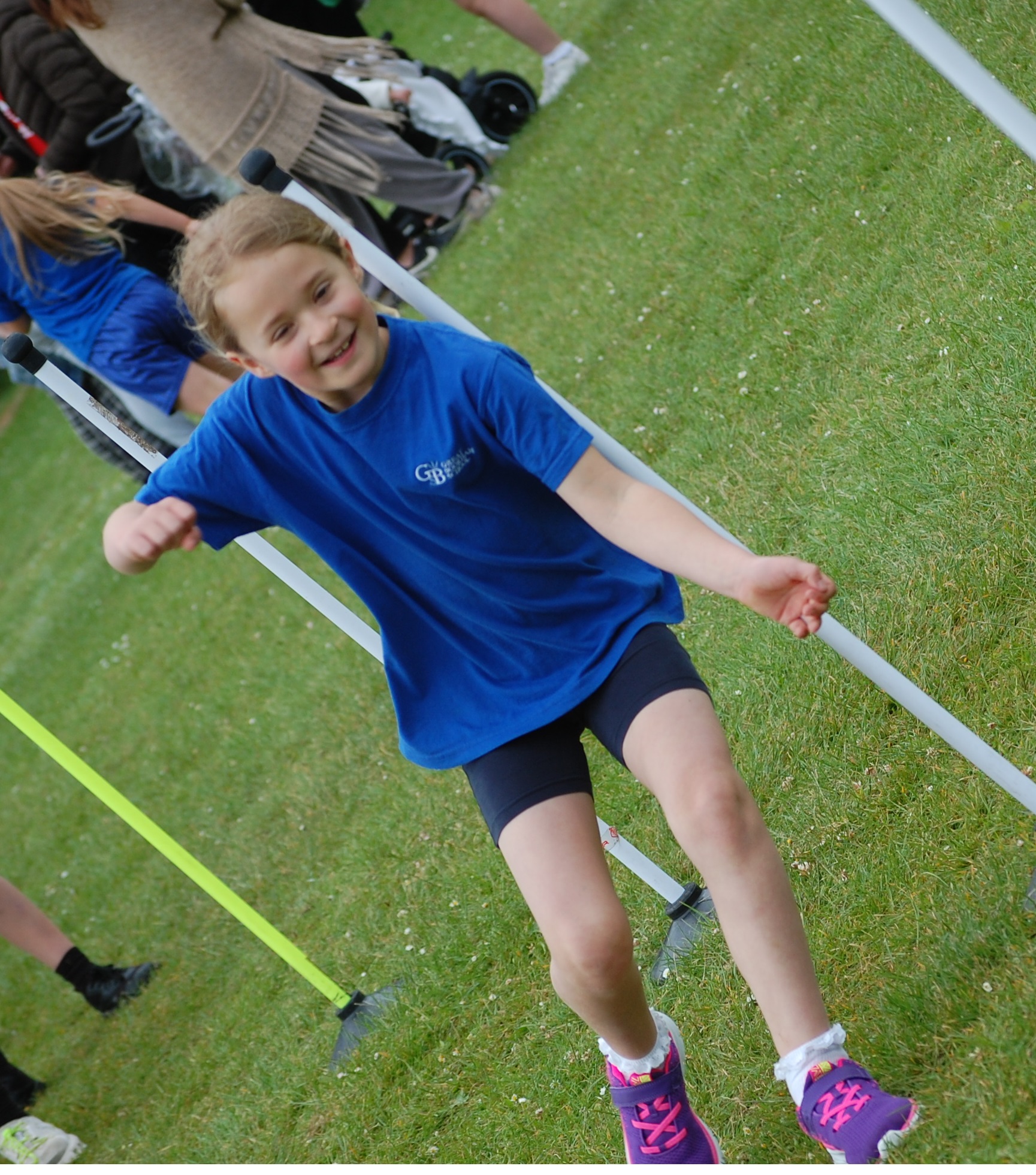Mental and Physical Wellbeing
Our curriculum is balanced and broadly based. It consists of all the activities designed or encouraged in the school to develop the intellectual, personal, social and physical abilities of the children.
At Great Bookham School, the importance of each child’s wellbeing underpins our philosophy and our entire pastoral support system is designed around the notion that for any child to be able to fully achieve their educational potential, they must feel safe, happy and valued whilst they are at school. We seek to equip children with life-long knowledge and skills that enable them to prosper physically, socially and emotionally. We do this through both our planned and wider curriculum.
Our carefully planned PE (Physical Education) and PSHE (Personal, Social, Health Education) curriculums ensure progression and coverage across the entire National Curriculum and encourage children to develop into happy, confident and independent individuals with a secure foundation in learning that will last throughout their lives. Through regular sustained physical activity we seek to develop the physical wellbeing of our children, teaching them the benefits of leading a healthy lifestyle. Each child also participates in a weekly PSHE lesson guided by the aims and objectives outlined in the National Curriculum.
It is also our statutory duty to provide an age appropriate RSHE (Relationships, Sex and Health Education) curriculum from Years 1 - 6. Content relating to life cycles and reproduction are covered as part of the Science curriculum and relationships and health are explored thoroughly through the PSHE curriculum.
Please find below further information about the teaching of PE and PSHE at Great Bookham School, and the curriculum intentions for each subject.
Physical Education (PE)
Our outstanding physical education curriculum inspires our children to succeed and excel in competitive sport and other physically demanding activities. It provides opportunities for all children to become physically confident in a way which supports their health and fitness. We provide numerous opportunities to compete in sport and other activities that build character and help to embed the values of fairness and respect. 
Children participate in two hours per week of sustained physical activity with two dedicated PE lessons each week. In one of these lessons, children focus on developing key physical skills through gymnastics, athletics, apparatus work, circuits, swimming, and dance. In their other lesson each week, children participate in a full competitive sporting programme which enables them to participate at whatever level they are able. Children develop a positive social attitude towards team games, understanding the importance of team work and co-operation.
Personal, Social, Health Education (PSHE)
Our PSHE curriculum develops the qualities, skills and attributes children need to thrive as individuals, family members and members of society both now and in the future. It has been carefully designed to:
- Develop confidence, resilience and self-esteem.
- Provide all children with the skills and knowledge needed to live healthy, safe, productive, responsible and balanced lives.
- Teach all pupils to make informed choices and identify and manage risk.
PSHE is taught explicitly in a weekly session but is also integrated with other curriculum areas, particularly RE, Science, English and PE. PSHE is present in all curriculum areas and in the general ethos of school life.
Whilst for the vast majority of pupils the whole-class PSHE curriculum delivery is sufficient to fully embed the aims and objectives of the curriculum, we recognise that some children can find this area of study particularly challenging. Therefore, we have a designated ELSA (Emotional Literacy Support Assistant) who is available to support pupils to further develop their social and emotional understanding in co-ordination with the child's class teacher.
As part of the statutory RSHE (Relationships, Sex, Health Education) curriculum, our PSHE lessons cover relationships, social skills and personal identity.
